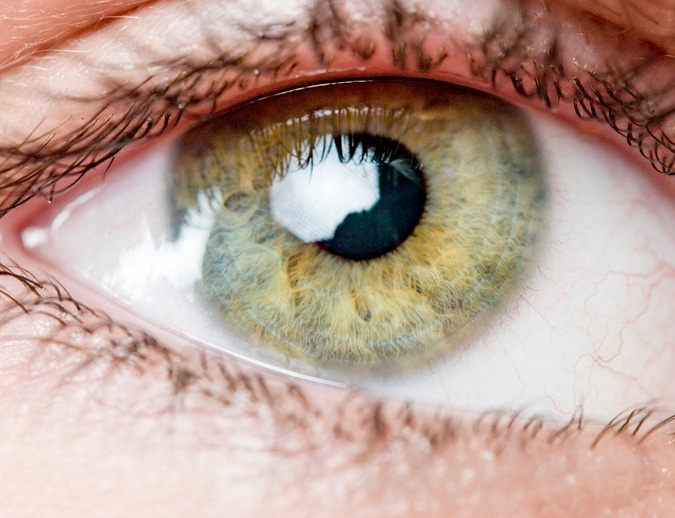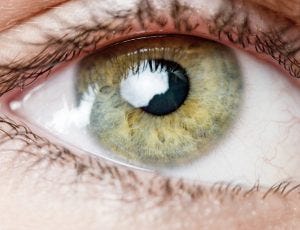Content Spotlight
Podcast: MilliporeSigma says education vital to creating unbreakable chain for sustainability
MilliporeSigma discusses the importance of people, education, and the benefits of embracing discomfort to bolster sustainability efforts.

The acquisition will give Biogen access to two potentially first-in-class later-stage gene therapy assets, NSR-REP1 and NSR-RPGR, for ophthalmologic disorders.
The $800 million (€706 million) deal sees Biogen bolster its rare disease interest through the addition of Nightstar Therapeutics’ expertise in gene therapy and ophthalmology.
Speaking on a conference call to discuss the acquisition, Michel Vounatsos, Biogen’s CEO, said the addition of Nightstar “fits hand-in-glove” with Biogen’s strategy and business.

Image: iStock/thomaguery
“This transaction will build on our progress of developing and expanding a multi-franchise science pipeline across multiple complementary modalities including gene therapies, small molecules, biologics and antisense oligonucleotides. In particular, we will add multiple gene therapy programs within our emerging growth areas of ophthalmology.”
He added the deal will also bring Nightstar’s expertise with gene therapy and ophthalmology together with Biogen’s capabilities in clinical development and commercialization, particularly for rare diseases.
“Put simply we believe our expertise will help expand clinical development and optimize the potential commercial launch of these assets. And we believe Nightstar’s expertise will help us maximize the value of these programs and potentially complement our efforts in gene therapy.”
UK-based Nightstar’s lead program is NSR-REP1 for the treatment of rare, degenerative disorder choroideremia (CHM). The disease is caused by loss-of-function mutations in CHM gene, which encodes Rab escort protein-1 (REP1) and leads to blindness.
The candidate has US Food and Drug Administration (FDA) regenerative medicine advanced therapy (RMAT) designation. Full enrollment in a Phase III trial is expected to be completed in the first half of this year, with data expected late 2020.
NSR-RPGR, meanwhile, is being developed for X-linked retinitis pigmentosa (XLRP), a rare X-linked monogenic retinal disease caused by loss-of-function mutations in retinitis pigmentosa GTPase regulator (RPGR) gene, which can also lead to blindness.
“Each of these programs address rare diseases with significant unmet medical needs…with no approved treatment options,” Vounatsos told stakeholders.
Furthermore, “within the world of gene therapy we believe there is a very strong scientific rationale for sub-retinal delivery which has already resulted in encouraging results data for both clinical assets suggesting potentially meaningful benefit versus natural history data.”
The deal is expected to close by mid-year 2019.
You May Also Like